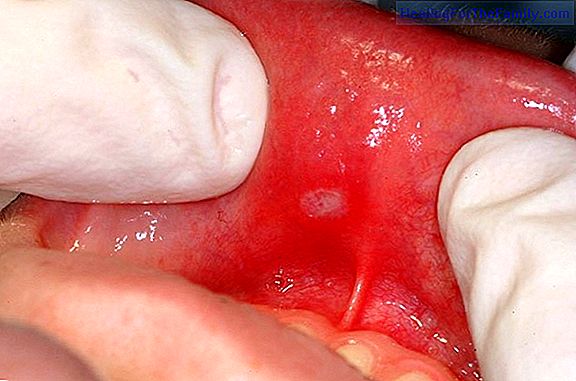Importance of calcium for the growth of children
In stages of intense growth, such as early childhood and adolescence, the contribution of calcium in children's diet is key to ensure that bones are strong and that speed of growth is adequate. Calcium is an essential mineral in the diet and plays a very important role for the growth of children. Fo
In stages of intense growth, such as early childhood and adolescence, the contribution of calcium in children's diet is key to ensure that bones are strong and that speed of growth is adequate.
Calcium is an essential mineral in the diet and plays a very important role for the growth of children.
Foods that hinder the absorption of calcium in children

The bioavailability of calcium, that is, the amount of a nutrient that is absorbed and used with respect to the total that is consumed with the diet, can be altered by the presence of other nutrients , and must be taken into account when ensuring the appropriate contribution. They have negative effects:
- Fiber can cause the malabsorption of some minerals, not only of calcium, but also of iron, zinc and magnesium, facilitating their elimination in the faeces and being able to lead to mineral deficiencies.
- Phytates and phytic acid are substances found in cereals, and their behavior in the body can also exert an effect similar to that of fiber. These substances have a high chelating power, that is, they attract metals and include them within their structure, so that they are no longer available to the cells, it is as if they were not.
- Caffeine also compromises the absorption of calcium. Although it is not a problem in childhood (since it is not consumed or should not be consumed), if it can be in adolescence, since young people may have an interest in caffeinated beverages (coffee, tea, and especially drinks). tail).
- High concentrations of phosphorus and sodiumcan reduce the availability of calcium and increase the loss of bone mass and the risk of bone breakage, especially if the intake of calcium in the diet is low.
How to ensure calcium intake for children's growth
- Positive effects on calcium absorption for children's growth can be achieved with vitamin D, whose role in mineralization of bones is highlighted. This vitamin favors intestinal absorption of calcium and phosphorus, and also increases its reabsorption at the kidney level, so that if vitamin D and calcium are combined in the same food, maximum utilization is achieved.
- Also vitamin K plays a role in the development of bone, since it participates in the metabolism of some calcium-binding proteins, so their presence ensures that they work correctly, strengthening the structure of the bones.
- Calcium is better absorbed in the presence of lactose, vitamin D and an adequate calcium / phosphorus ratio y, and this occurs naturally in milk and dairy products. In addition, in many cases, these are fortified with calcium, and / or supplemented with other vitamins that collaborate in their use.If dairy products are not consumed due to allergies, intolerances or simply because they are to be avoided, it is advisable to ensure that the child gets their calcium intake from other foods such as broccoli, spinach, canned sardines, nuts or legumes such as soybeans, give some examples












